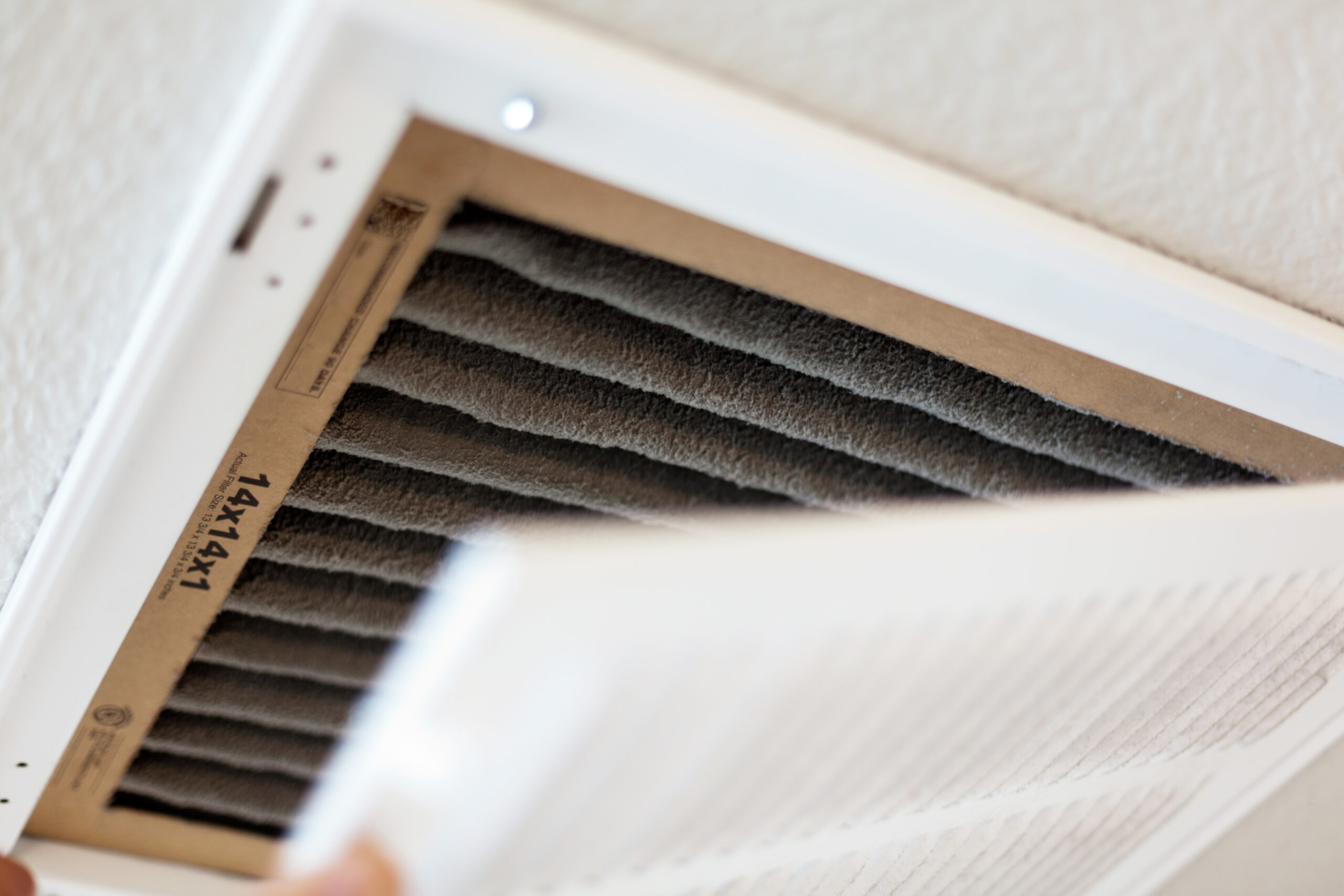
Even though San Antonio has lots of hot weather and a lively culture, its inhabitants nevertheless value the coziness of their own houses. Despite the abundance of outside pursuits, nothing is more important than the air quality inside your own house. Here are some things to know about the significance of indoor air quality (IAQ).
What Is Indoor Air Quality?
To put it simply, IAQ is the state of the air inside and around a home as it relates to the well-being and comfort of those who live or work there. It includes allergies, pollutants and other toxins that may impact the general health of those inhaling the air. Airflow, relative humidity and the presence of contaminants, including dust, mildew, animal hair and volatile organic compounds (VOCs), all have a role in a home’s indoor air quality (IAQ).
Allergy Prevention
People living in San Antonio sometimes face unique indoor air quality concerns. This is particularly true during the warmer parts of the year, when the city’s scorching summers lead to the extensive use of air conditioning systems. The varied local flora also brings about some indoor air quality issues for those suffering from allergies. By improving a home’s indoor air quality, it’s possible to remove allergens from the air, thus reducing allergy symptoms.
Respiratory Health
Poor indoor air quality poses significant risks to respiratory health by introducing airborne pollutants that can irritate the respiratory system. Exposure to dust mites, mold spores, pet dander and pollutants like tobacco smoke or VOCs can trigger or worsen respiratory conditions such as asthma. Individuals may experience symptoms like coughing, wheezing, shortness of breath and nasal congestion. Prolonged exposure to poor indoor air quality can lead to the development of chronic respiratory issues, emphasizing the crucial role of maintaining clean and healthy indoor air for overall respiratory well-being.
Improved Sleep Quality
There are a number of ways in which poor indoor air quality impairs a person’s quality of sleep. If you suffer from respiratory discomfort due to allergens like mold spores or pollution, you may find that you snore or have trouble breathing while you sleep in a home with poor indoor air quality. Inadequate air circulation and excessive humidity may also contribute to an unpleasant sleeping environment. In order to create a clean, pleasant and conducive environment that encourages peaceful and undisturbed sleep, it is essential to address indoor air quality concerns. This includes utilizing air purifiers, maintaining sufficient ventilation and minimizing allergy levels. You can also add a ceiling fan to increase overall air circulation.
Get Rid of Unpleasant Smells
Poor indoor air quality can lead to various unpleasant smells in a home, including mustiness, cooking odors, pet smells and moldy scents. Lingering smells often indicate the presence of pollutants and allergens. Apart from causing discomfort, these odors can adversely impact respiratory health and overall well-being. Addressing poor indoor air quality is crucial not only for eliminating unpleasant smells but also for creating a healthier living environment, minimizing the risk of respiratory issues and ensuring the comfort of you and your family.
Enhanced Cognitive Function
Another important reason to make sure your home has good indoor air quality is because it affects your cognitive functioning. Poor indoor air quality can result in cognitive impairment, inattention and memory problems. Pollutants can also make your brain experience a lack of oxygen-rich air, further contributing to poor cognitive functioning. For maximum cognitive function, clear thinking and a healthy interior environment, you must address indoor air quality problems via sufficient ventilation and air purification.
Longevity of Home Furnishings
The structural and decorative elements of a house are at risk when the air quality is poor. Furniture, fabrics and structural components will progressively deteriorate when airborne pollutants, dust and toxins settle on their surfaces. Mold development, in particular, may weaken structures and damage materials due to excessive humidity levels caused by inadequate ventilation. Proper ventilation, air purification and humidity management are all ways to improve interior air quality. This not only makes people healthier, but it also protects a home’s structural soundness, durability and aesthetic and functional elements.
Higher HVAC Efficiency
Indoor air quality affects a home’s HVAC system in several ways. For starters, a buildup of dust, pollutants and allergens diminishes the system’s efficiency and lifespan. This is because the system has to work harder to circulate air, which means it endures extra strain and consumes more energy. As a result, you’ll notice frequent repairs and higher energy bills. Mold and other microbiological pollutants can also wreak havoc on the HVAC system’s efficiency as well as your health. The best way to keep this from happening is to have a professional inspect the system at least once a year and perform any necessary adjustments to improve the home’s air quality.
Best Ways to Improve Indoor Air Quality
In addition to scheduling regular HVAC maintenance, there are several other tips you can use to improve your home’s indoor air quality. We highly suggest speaking with a qualified indoor air quality specialist to determine which air cleaning methods work best for your San Antonio home.
Change the Air Filter
Check the owner’s manual for your heating and cooling systems to determine how often to change the air filter. Even though a technician will change the filter during regular maintenance, you’ll still need to change it at least once every three months throughout the year. In homes with pets or asthma sufferers, you may need to change the filter at least once a month. You can check the buildup on the filter by opening your intake panel and looking at the amount of dust on the outside.
Duct Cleaning
Duct cleaning improves your home’s indoor air quality in several ways. It removes dust, debris and other pollutants from the ductwork, preventing them from entering your home. It also facilitates better airflow, allowing the HVAC system to operate more efficiently, resulting in cleaner indoor air. Furthermore, it helps remove unpleasant odors caused by contaminants, creating a fresher and more inviting indoor environment.
UV Lights
With their ability to eliminate pollutants where they start, ultraviolet lights provide a healthier environment by reducing the likelihood of respiratory problems and allergies. When placed within HVAC systems, ultraviolet lamps kill and stop the development of mold, germs and viruses, ensuring that they do not circulate in the air. An additional benefit of this technology is that it eliminates unpleasant smells and VOCs, making for a cleaner atmosphere overall. Also, ultraviolet lights are preventative, so they purify the air around you all the time and help make it better for those living there.
Beyer Air Conditioning & Heating helps San Antonio homeowners improve the comfort of their homes with a variety of heating and cooling services, including repair, installation and maintenance of heat pumps, furnaces, air conditioners and mini-splits. We also provide sheet metal services and VRF systems. We specialize in indoor air quality testing as well as several air cleaning methods, including air purifiers, UV lights, duct cleaning and more. Give us a call now to learn more about making your home healthier with cleaner air.



